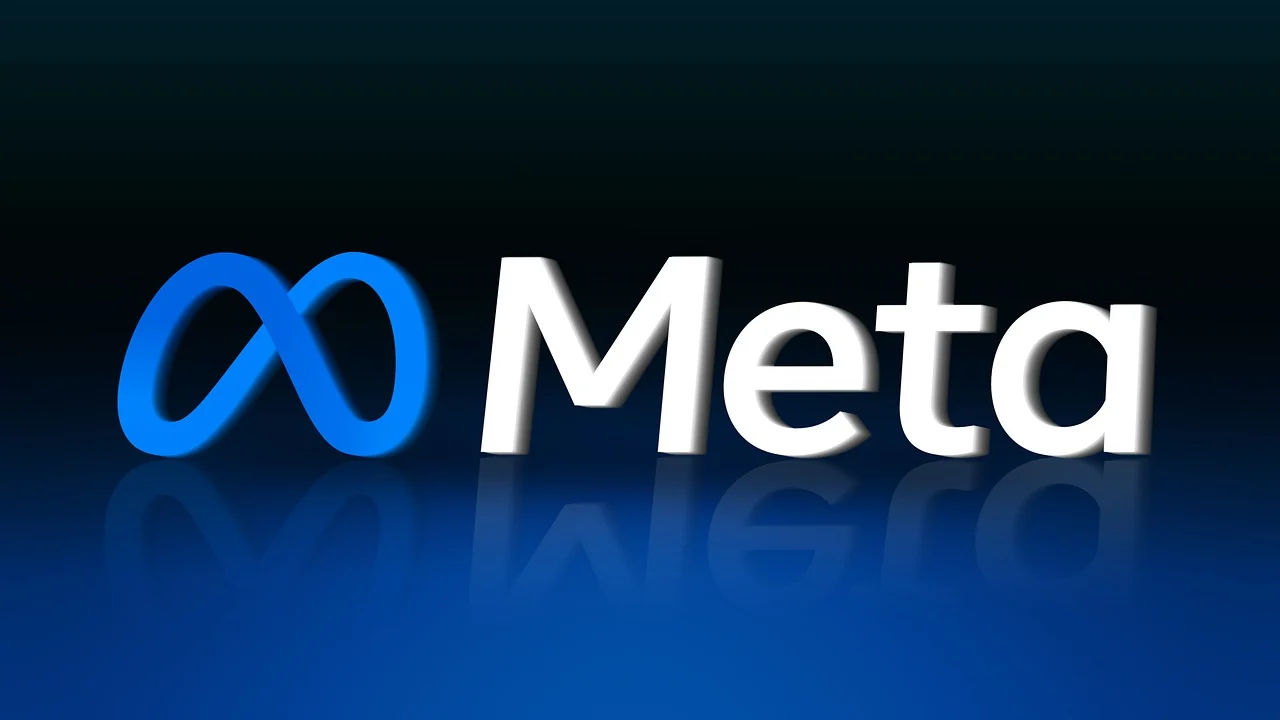
Meta’s Oversight Board has upheld the company’s decision to allow Facebook posts containing the phrase “From the River to the Sea,” concluding that a blanket ban on the slogan would infringe on free speech.
The ruling comes after reviewing three cases where the phrase was used in content posted on the platform. The board determined that these posts did not violate Meta’s policies concerning hate speech, incitement, or support for dangerous organizations.
Why Is “From the River to the Sea” So Controversial?
The phrase, often seen as a pro-Palestinian slogan, has drawn varying interpretations. Critics, including some who associate it with antisemitism, argue that it advocates the elimination of Israel, while supporters see it as a message of solidarity with Palestinians.
The Oversight Board found that the phrase has different meanings and is used in various contexts. It emphasized that “From the River to the Sea” cannot be interpreted as inherently violent or a call for the exclusion of any group based on protected characteristics. The board affirmed Meta’s original decision to keep the content, which expressed solidarity with Palestinians but did not promote violence.
In its majority ruling, the board noted that the phrase’s association with Hamas, a group banned from Meta’s platforms and designated a terrorist organization by the U.S. and U.K., does not make the phrase inherently violent or hateful. However, a minority of the board argued that because the phrase is mentioned in Hamas’ 2017 charter and due to the group’s recent attacks, the slogan could be interpreted as glorifying a banned entity.
The ruling was based on three specific cases of Facebook content using the phrase. These cases involved:
- A user responding to a video with the phrase in hashtag form, “#FromTheRiverToTheSea,” which was viewed 3,000 times.
- An image featuring floating watermelon slices accompanied by the phrase “Palestine will be free,” garnering eight million views.
- A post from a Canadian community organization condemning “Zionist Israeli occupiers,” viewed by fewer than 1,000 people.
How Will Meta Ensure Data Transparency Moving Forward?
Meta has replaced its previous data analysis tool, CrowdTangle, with the Meta Content Library, which has stricter access rules for researchers and journalists. The Oversight Board recommended that Meta enhance the Content Library’s accessibility and transparency for qualified researchers and civil society groups.
Meta responded to the ruling, welcoming the board’s review and emphasizing that all its policies are developed with safety in mind, acknowledging the global challenges these policies must address.
Featured Image courtesy of Pixabay
Follow us for more tech news updates.
